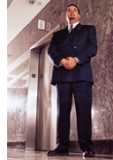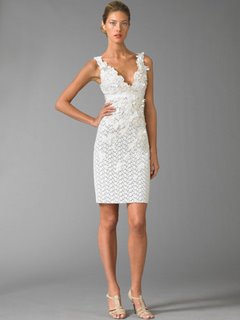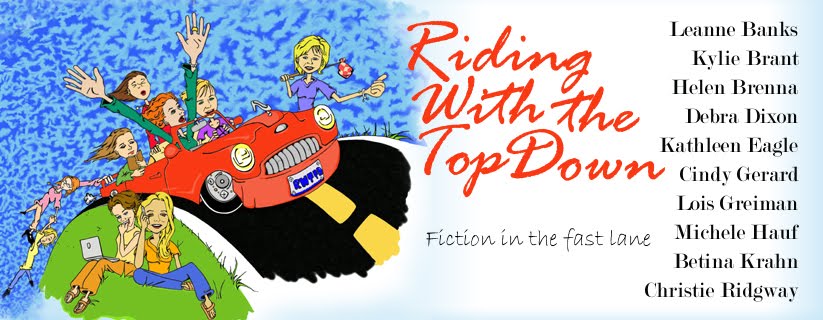So, in starting to work on contemporary stories, I've discovered that a slightly different approach to research is required. And living in contemporary times doesn't mean you know everything there is to know about your home town or the processes of life and commerce that go on around you every day. For instance. . .
 Do you know where hungry people go to get food in your area? How they get "approved" for food bank access? Where homeless can find a bed for a night or more and what hoops they have to jump through to get into a shelter? I had general ideas, but no specifics at all, especially after moving to Florida. Turns out, it's a whole different system down here.
Do you know where hungry people go to get food in your area? How they get "approved" for food bank access? Where homeless can find a bed for a night or more and what hoops they have to jump through to get into a shelter? I had general ideas, but no specifics at all, especially after moving to Florida. Turns out, it's a whole different system down here. Do you know where you can go to buy street drugs in your hometown? Do you know how to tell a fake Rolex or diamond ring? Do you know where high-school kids go to party these days? Do you know which cars are the easiest to steal?
Do you know where you can go to buy street drugs in your hometown? Do you know how to tell a fake Rolex or diamond ring? Do you know where high-school kids go to party these days? Do you know which cars are the easiest to steal?Do you know the dead-giveaways for spotting plainclothes police?

What are the clues you are dealing with a professional criminal mugger vs a nervy amateur?
See, this stuff-- I had no clue on. Nor did I need one. I thought.
Then I started dreaming up contemporary scenarios and synopses. Suddenly I need to know about federal regulations on imported plants and the processing equipment necessary for gene splicing. Suddenly I need to know about the length of flights from Miami to Costa Rica and Belize. . . what kind of currency is spent, what time zone they're in, what price range is reasonable for a hotel. . . what the temperature would be in a given time of year. Aghhhhh!
It gets danged complicated when you try to make it real for readers. And not only do we have to research locations, we have to research life styles.
One of my characters is a monied honey. . . who wears. . . what the heck does she wear?

Brands? Styles? Where does she shop? What would impress her? And can anybody tell me the most sought after brand of mid-sized luxury yacht? (60-75 feet)

Another of my characters is a southern belle. . . what does she call her family members. . . what did she study in school that was different from my more northern upbringing? What kind of odd "southern delicacies" might she crave?
And if one of my characters is a land developer/construction company owner. . . what kinds of deals does he have to make with unions, financiers, investors, and even government agencies and officials? Which is most likely to get him into trouble?
And there are those pesky legal questions. . . like. . . how much trouble I would be in if I have a gun in my glove compartment and get stopped for speeding?
The answer to many of my queries have been found in books. Often small books with big interiors crammed with fascinating facts:
The Grits (Girls Raised In the South) Guide to Life, by Deborah Ford
How to Survive a Robot Uprising, Daniel H. Wilson
Hide Your A$et$ and Disappear, Edmund J. Pankau
Survive in the Jungle, Claire Llewellyn
Life: The Odds (and How to Improve Them), Gregory Baer
The Facts on File Dictionary of Biotechnology and Genetic Engineering,
by Mark Steinberg and Sharon Colsloy
The Action Hero's Handbook, David and Joe Borgenicht
For some questions, books just won't do. I just have to find sombody to ask. Which is another set of skills altogether. I'm learning. People generally love talking about their job or speciality. If approached properly. And of course, there's always evesdropping on public conversations. . .
This whole contemporary world thing. . . a lot more complicated than I thought.
Come on. . . tutor me. What are your favorite ways of getting information and doing the research you need for your contemporary books? Got any good research stories to tell? We're all ears.

7 comments:
Betina-- Oh, I feel your pain! I have always felt research was necessary even in an area you think you know well.
The smallest details you discover will sometimes given an entire scene authenticity and a dynamic you never expected.
I did a book once about Christmas and people laughed at me for researching Christmas. But it paid off. I find that by opening myself up to new information I can reshuffle the deck of my plot, my characters and even my dialogue. I add specific *important* detail to my story and my characters by pushing past the "generic" and doing serious research.
I'm not Michael Creighton (who is?) but I do appreciate the value of good research. I read voraciously on a subject and then pick up a telephone.
I tend to use the internet for quick fact checks and to point the way toward indept books and articles I need.
I've always written contemporary but am a fan of Regency historicals. I have one of the finest research collections on the Regency era you'll find anywhere. And medieval. I'm well-stocked there too. If I ever wrote an historical I'd go to one of those two eras.
What was the question? LOL! I think I've wandered so far afield that I must stop.
i don't know how i lived before google came along.
that's cut a lot of research down from days/weeks to minutes.
It is amazing how much research can go into a contemporary. My second book, written pre-internet craze, was set in the Middle East. I have no clue how many books I used to research that puppy.
Now I google everything. Like Anne, I don't know what I'd do without it.
Interviews are key for me as well. So helpful with characterization.
Anne, how in the world did you get your little picture to smoke?? LOL!
hehe! i'd love to be able to say i worked a week on the smoking baby, but it came that way. :D
Deb, you researched Christmas? Okay, now I feel all kinds of better. I was feeling a little paranoid about the need to verify everything.
But I also get that the research is as much about getting new ideas and twists as it is about verifying facts and details. Cool. . . letting reality help you create an alluring fiction!
And Anne and Helen. . . count me a Google fiend, too. I used to waste so much time traveling to the West Bank library of UMinn and parking and hoofing it. . . and spent eons photocopying stuff and taking notes. . . all of which is unnecessary now because of Google.
The money I used to spend on gas and parking and copying. . . I now use to buy reference books online. And I print off reams of stuff for referral later.
While some things get harder and harder about writing, some things get easier and easier. Fortunately, researching is one of them!
:) Betina
Wow, Candace. Potato peelers and harvesting skin. I now have a whole new appreciation for plastic surgeons! LOL!
I learned from an ex-FBI agent --who was appallingly normal and average looking-- that the FBI LIKES average looking. They want to blend in and seem as unobtrusive as possible. Those gorgeous hunks of the FBI. . . they mostly don't exist. Look at Fox Mulder and remove some of his intensity and an inch or two of height, and you pretty much have the typical FBI-er.
Who knew?
Betina
By the way, the gal in white. . . that lace cocktail confection is from Carolina Hererra's summer collection. Which probably means, it's already out of date.
sigh.
Betina
Post a Comment